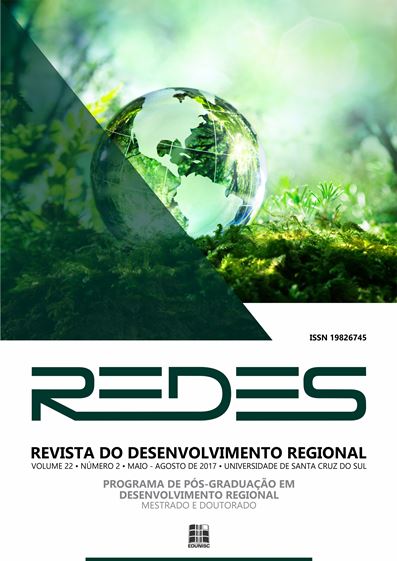Ecological Economics: a possible reference for the design of actually sustainable human systems
DOI:
https://doi.org/10.17058/redes.v22i2.9407Keywords:
Isolated system. Importance of happiness. Open system. Ecological economics. Laws of Thermodynamics. Sustainability. Affection.Abstract
In the prevailing model of the typical economist, the economy is seen as an isolated system, without an environment, ignoring the ecosystem, the biophysical framework of the real economic system. It ignores the importance of happiness for social life as well. In fact, people are mainly looking to be happy. What would reality be if the motto, instead of accelerating economic growth, was to accelerate happiness? Of course, one must look at the economic system from another perspective, not as an isolated system, but as an open system with inputs and outputs of matter and energy. It is exactly here that a new field of work, Ecological Economics, emerges. The Laws of Thermodynamics have in it a decisive meaning, in the same way as the pursuit of human happiness. The question is about explaining how the desirable (happiness) fits within the limits of the possible (nature). Sustainability has to do with that. But it is only accomplished with the cement of affection.Downloads
Download data is not yet available.
Downloads
Published
2017-04-30
Issue
Section
Agroecologia
License
The submission of originals to this journal implies the grant, by the authors, of the printed and digital publication rights. Authors retain copyright and grant the journal right of first publication. Authors may only use the same results in other publications clearly indicating this journal as the medium of the original publication. Because we are an open access journal, we allow free use of the articles in educational and scientific applications provided the source is cited under the Creative Commons (CC-BY) license.How to Cite
Cavalcanti, C. (2017). Ecological Economics: a possible reference for the design of actually sustainable human systems. Redes , 22(2), 56-69. https://doi.org/10.17058/redes.v22i2.9407



